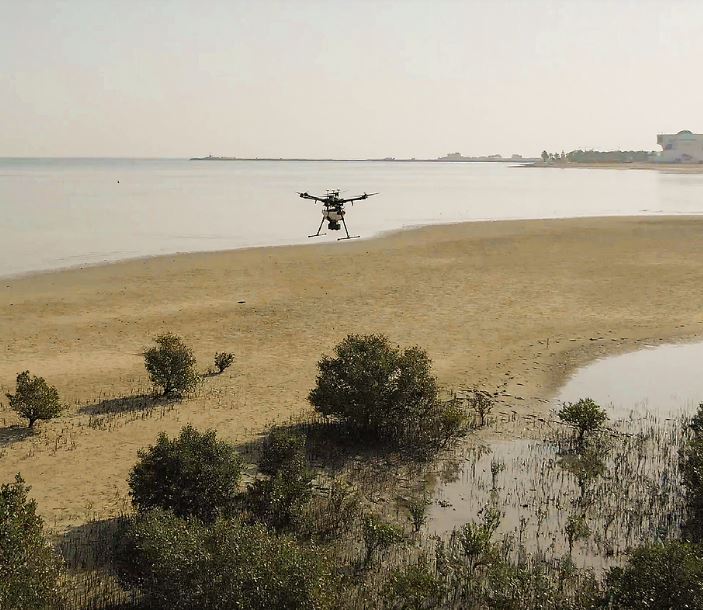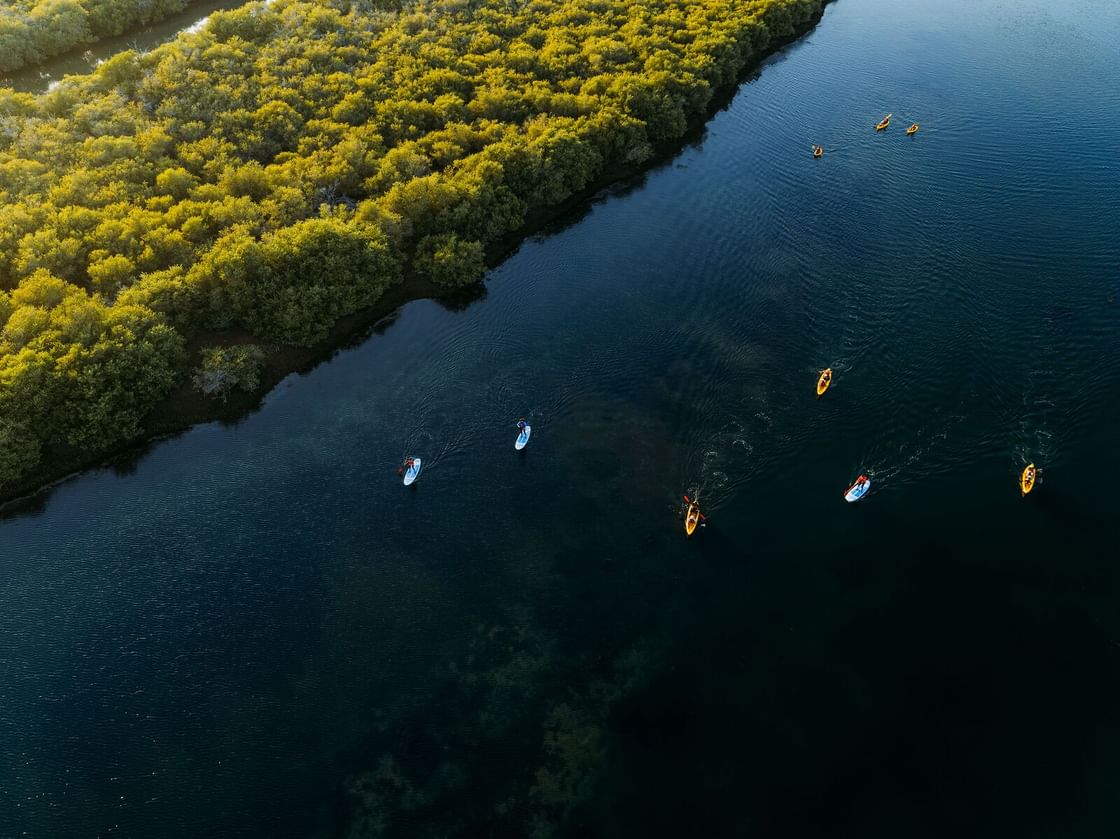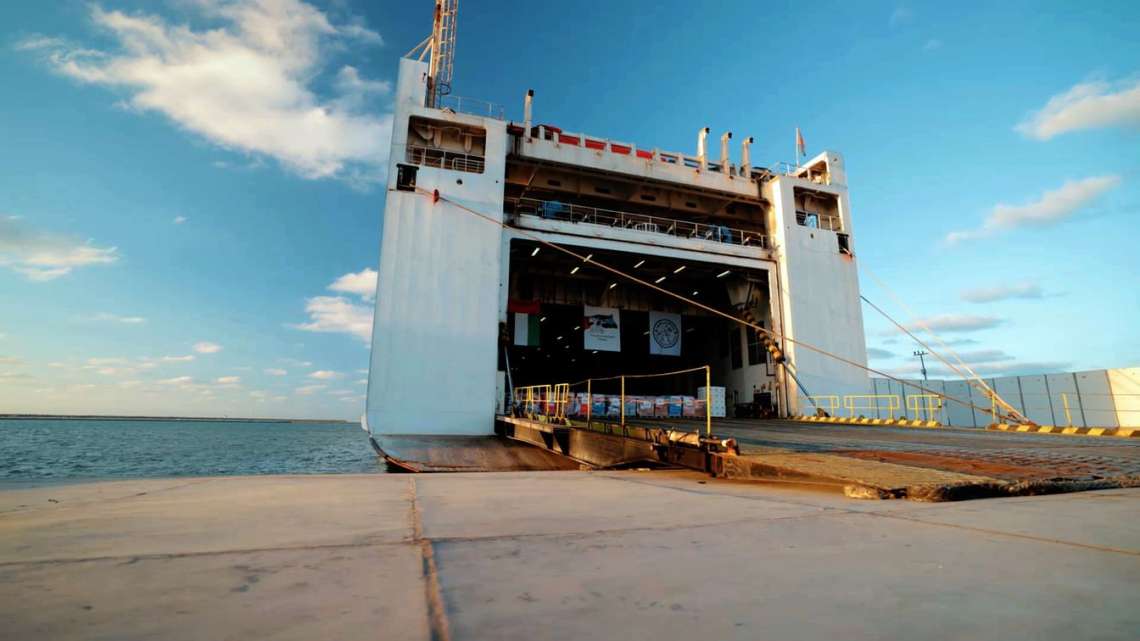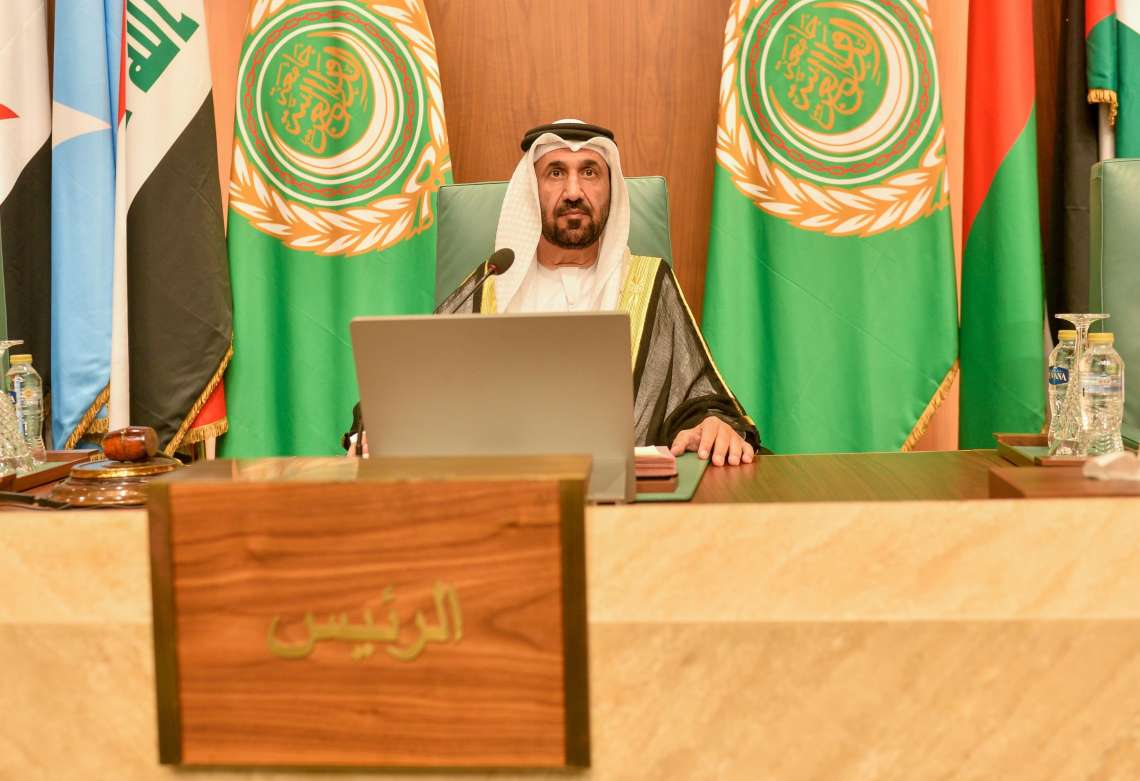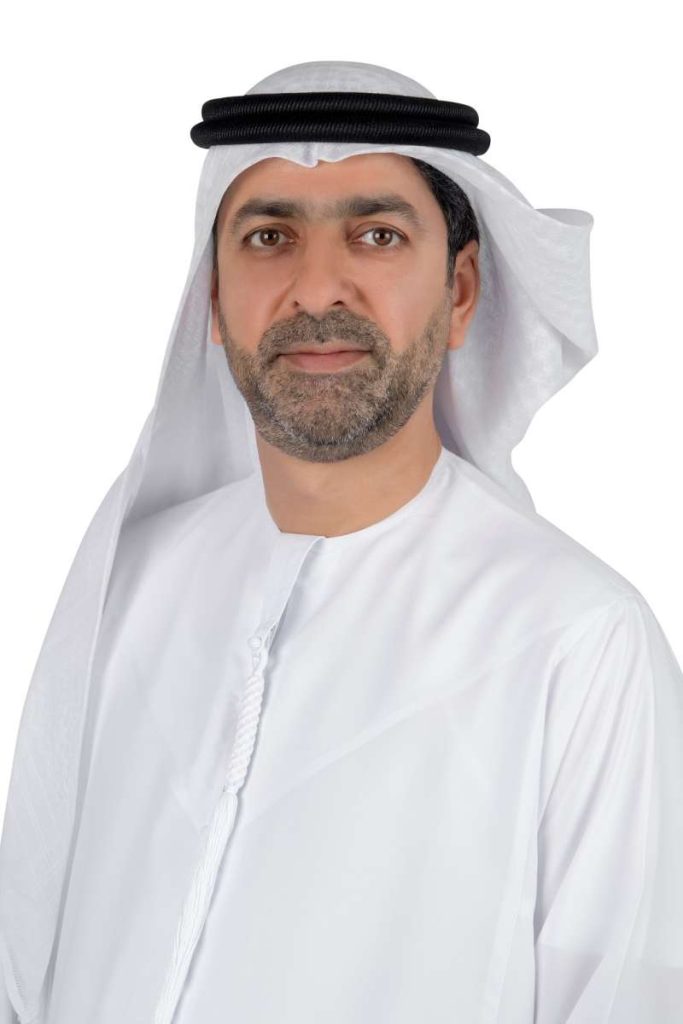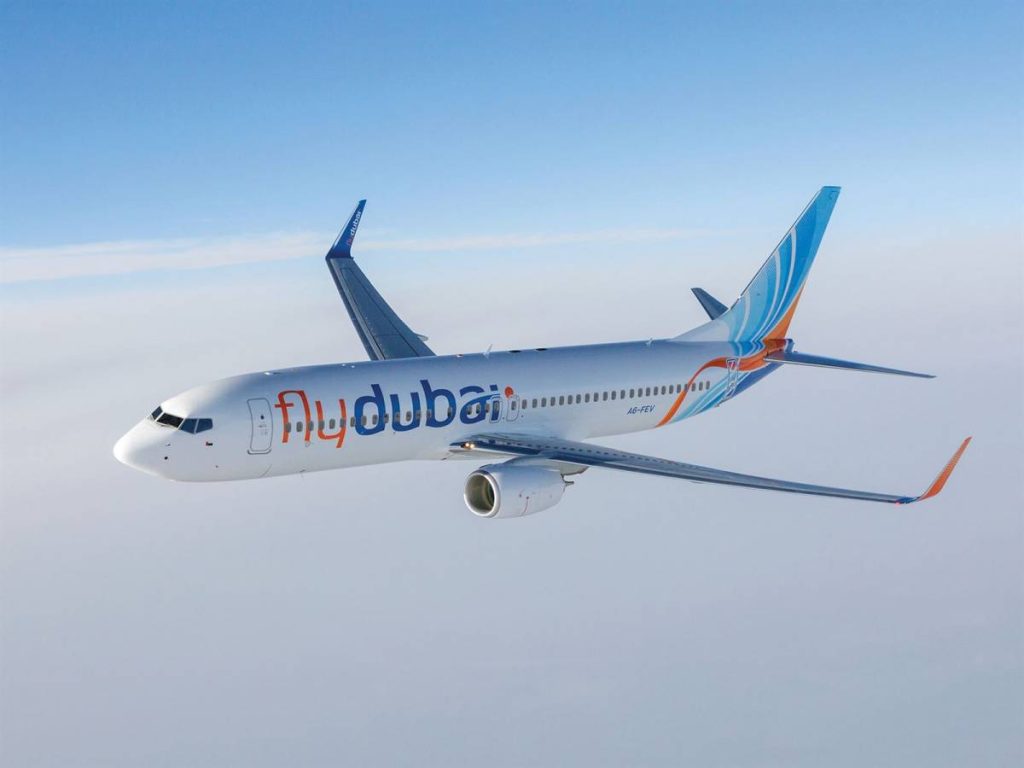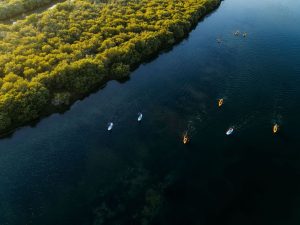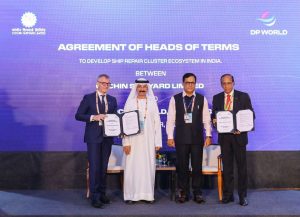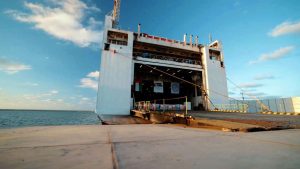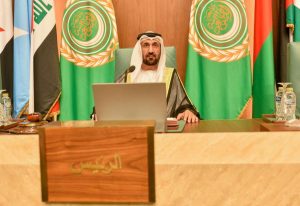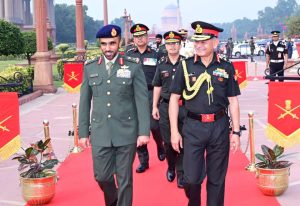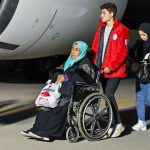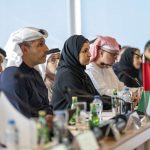This initiative, which is implemented by EAD with a series of local, regional and international partners, supports Abu Dhabi’s ambitious plans …reports Asian Lite News
The Environment Agency – Abu Dhabi (EAD) has successfully planted one million mangrove seeds using drones as part of the first phase of a drone mangrove plantation project supporting the Abu Dhabi Mangrove Initiative.
The Abu Dhabi Mangrove Initiative was announced in February 2021 during Prince William, the Duke of Cambridge’s landmark visit to the UAE, where he met with Sheikh Khaled bin Mohamed bin Zayed, Member of Abu Dhabi Executive Council and Chairman of Abu Dhabi Executive Office, at Jubail Mangrove Park.
This initiative, which is implemented by EAD with a series of local, regional and international partners, supports Abu Dhabi’s ambitious plans to establish the emirate as a global hub for research and innovation in support of the conservation of mangroves and focuses on the importance of mangroves for carbon sequestration to combat climate change.
The initiative supports the UAE Ministry of Climate Change and Environment’s target, announced during COP26 in Glasgow in 2021, which unveiled a nationwide plan to plant 100 million mangroves by 2030. Following this, the Abu Dhabi Mangrove Initiative was launched in February of this year.
EAD is the first organisation to utilise and plant mangroves at a large-scale utilising ecological principles enhanced by drones. The planting of one million seeds follows a successful initial phase implemented by EAD in partnership with ENGIE, the global energy company, and Distant Imagery, a drone engineering solutions company.
This initial phase focused on planting mangroves via drone in 2020, with up to a 48 percent success rate. EAD then scaled up the project, with one million mangroves planted via drones at different locations around Al Mirfa, in Al Dhafra Region.
The use of drone technology to plant mangroves has several advantages, as the environmental footprint of the methodology is low since it removes the need for intense labour and sapling transportation. It is also cost-effective as it reduces the overall price of mangrove planting, eliminates the need for mangrove nurseries and associated costs, and facilitates reaching remote and difficult areas. The project is also running a trial on incorporating machine learning for future monitoring phases.
Dr. Shaikha Salem Al Dhaheri, Secretary-General of EAD, said that the UAE began mangrove plantation in the 1970s under the guidance of the late Sheikh Zayed bin Sultan Al Nahyan, Founder of the UAE and also known as the First Environmentalist. He commenced mangrove plantation along the coasts of the islands and mainland of the emirate of Abu Dhabi. The Eastern Mangrove plantation was the inception of the first mangrove plantation programme in Abu Dhabi.
She added, “Even though the world’s mangroves are declining due to natural and human challenges they are facing, Abu Dhabi has a different story to tell as the plantation of mangroves has continued in the UAE at large and in Abu Dhabi in particular, in a slow but steady manner. A prime example is our latest project of planting one million mangrove seeds via innovative drone technology. This project is one of several programmes run by the Abu Dhabi Mangrove Initiative to support the UAE’s pledge to plant 100 million mangroves in 2030.
With each planting round, EAD has been evolving not only its methodology for seed germination and site planting patterns, but also seed dispersal mechanisms and drones so they can fly longer. The drone is self-designed and engineered to drop seedlings from the air, monitor the growth of mangrove saplings, map the habitat and create 3D imaging.
The Agency plans to further evolve its methodologies and technology. Data has shown that the growth of the seed in-situ using drones has a success rate that remains stable over three years.
In Abu Dhabi, plantation programmes have helped increase the range of mangroves. The increase of mangrove areas in Abu Dhabi was more than 35 percent, and is the result of plantation and restoration programmes and protection laws and regulations that ensure the sustainability of environmental ecosystems.
In the past 10 years, EAD and its key stakeholders, from both the government and private sector, have planted more than 15 million mangroves along the coast of Abu Dhabi.

